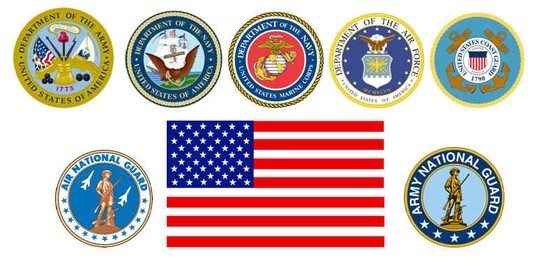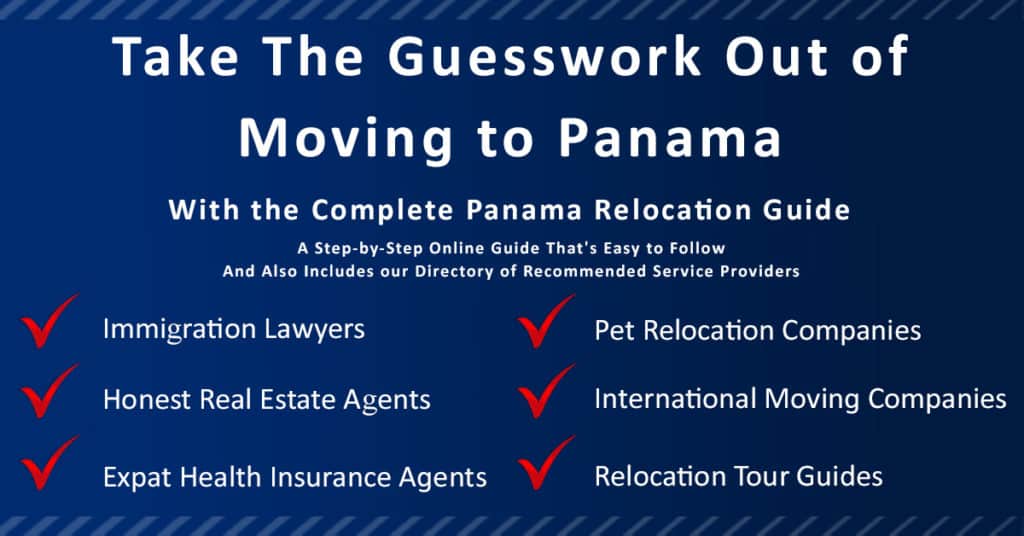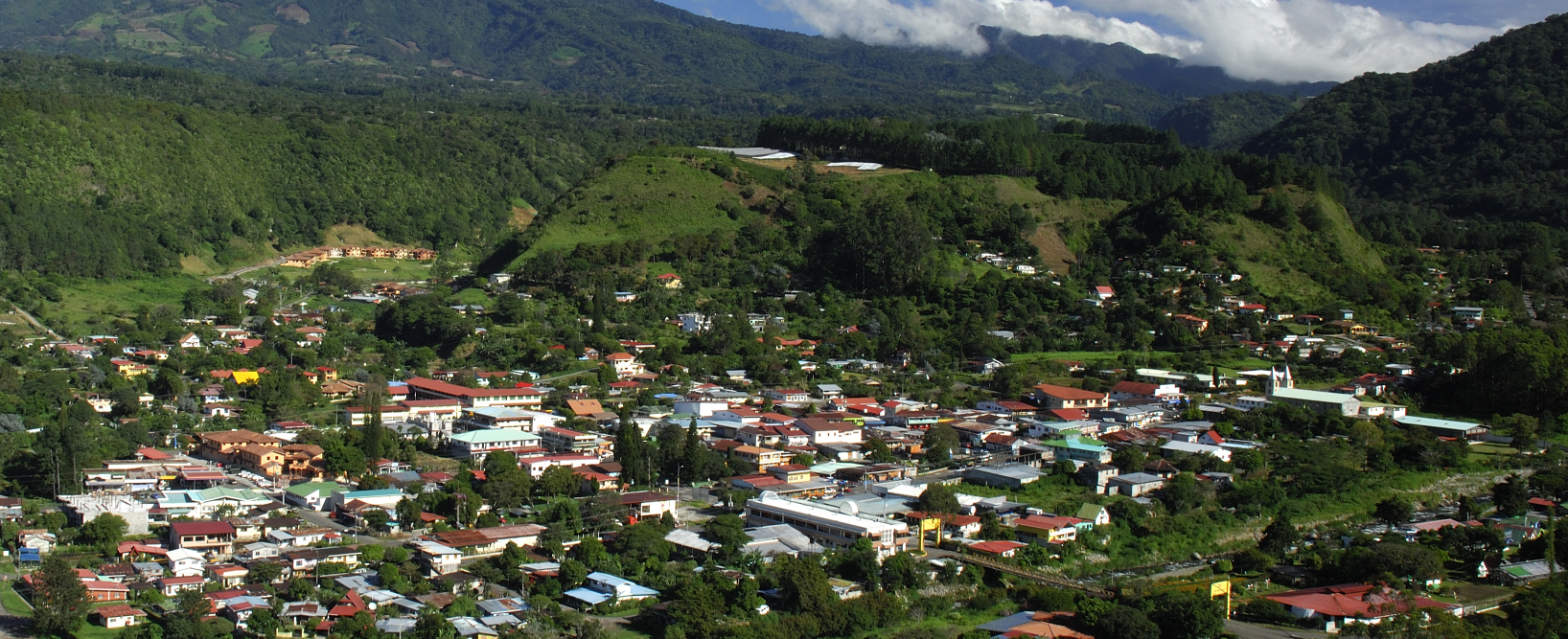Because of the high cost of living in the United States, many veterans are moving to Panama!
In the United States, veterans have access to medical care at VA (Veterans Administration) hospitals. Although there are no VA hospitals in Panama, veterans still have access to quality medical care.
This article will explore several medical programs for veterans who move to Panama.
Moving overseas can be a rewarding experience, but for veterans with service-connected disabilities, it’s essential to ensure your healthcare needs are met. Fortunately, the Foreign Medical Program (FMP) provides coverage for veterans outside the United States. In this article, we’ll explain how to sign up for FMP, what it covers, how to handle payments and claims, and other essential details, including how TRICARE, Medicare, and Medicare Advantage plans can be used in addition to FMP.
What is the Foreign Medical Program (FMP)?
The FMP program offered by the Department of Veterans Affairs (VA) provides healthcare coverage for veterans with service-connected disabilities while they reside outside the United States. It ensures that veterans continue to receive care related to their service-connected conditions, even while living abroad.
How to Sign Up for the FMP
- Eligibility Check: Ensure you have a service-connected disability, as FMP only covers these conditions. You do not need to be currently enrolled in VA healthcare in the U.S. to be eligible.
- Complete the FMP Registration Form:
- Download VA Form 10-7959f-1, “Foreign Medical Program Registration Form,” from the VA’s website.
- Fill out the form with your personal details, service-connected disabilities, and overseas address.
- Submit the Registration Form:
- Mail the completed form to the FMP office:
VHA Office of Community Care Foreign Medical Program (FMP) P.O. Box 469061 Denver, CO 80246-9061, USA - Alternatively, you can fax the form to 1-303-331-7803.
- The fastest and easiest way is to email the form to [email protected]
Once registered, you will receive an FMP benefits authorization letter confirming your enrollment and the specific conditions covered.
What Does FMP Cover?
FMP covers healthcare services, medications, and supplies related to your service-connected disabilities. This includes:
- Doctor visits, hospital care, surgeries, and outpatient treatment
- Prescription medications
- Durable medical equipment (e.g., wheelchairs, oxygen tanks)
- Physical therapy, prosthetics, and other necessary treatments
It’s important to note that FMP only covers treatments directly related to your service-connected conditions. Non-service-connected conditions are not covered under this program.
How Does Payment and Claims Work?
- Panama Hospitals Accepting FMP: Some private hospitals accept FMP and directly bill the VA, so you do not have to prepay. Direct billing is available in Panama City at Hospital Nacional, Hospital Santa Fe, and Hospital San Fernando. In David, direct billing is available at Hospital Chiriqui. We’ll be adding more hospitals accepting FMP, Tricare, and Medicare Advantage soon
- Prepayment: If you go to a different hospital, you must prepay for your medical expenses. This means you pay the healthcare provider out of pocket at the time of service.
- Filing a Claim: After paying, you must submit a claim to FMP for reimbursement. Here’s how:
- Obtain an itemized invoice/receipt from your healthcare provider, clearly indicating the treatment received, diagnosis, and cost.
- Complete the FMP Claim Cover Sheet (VA Form 10-7959f-2), available on the VA website.
- Mail the claim form and supporting documents to the FMP office in Denver, Colorado.
It’s essential to keep detailed records of all treatments and payments.
Are Medications Included?
Yes, prescription medications related to your service-connected disabilities are covered by the FMP. If you go to an approved hospital, you they will bill FMP directly. If you go to a different hospital or pharmacy, you’ll need to pay for the medication upfront and then file a claim for reimbursement. Ensure your receipts and prescriptions are detailed and include the medication’s name, dosage, and the reason it’s needed for your service-connected condition.
Is Annual Reevaluation Required?
Annual reevaluations are not required once you’re enrolled in the FMP. As long as you have a service-connected disability, your FMP coverage remains in place, and you do not need to go through periodic reassessments. However, if there are changes to your service-connected disabilities, you should notify the VA to update your FMP records.
Using TRICARE, Medicare, and Medicare Advantage in Addition to FMP
- TRICARE: You can use Tricare for conditions that are not service-connected. TRICARE can cover non-service-connected conditions, whereas FMP only covers service-connected conditions.
- Medicare: Medicare generally does not provide coverage outside the United States. Therefore, if you are living overseas, you cannot rely on traditional Medicare for healthcare services. However, it can be beneficial to maintain your Medicare Part B enrollment if you plan to return to the U.S. or travel back for medical care.
- Medicare Advantage Plans: While traditional Medicare does not cover you outside the U.S., some Medicare Advantage (Part C) plans do offer coverage for urgent care or emergency services while overseas, including in Panama. Here’s how it works:
- Medicare Advantage plans often provide worldwide emergency and urgent care coverage when outside the U.S.
- If you have a Medicare Advantage plan with overseas coverage, you may be able to receive treatment for emergencies or urgent medical needs without paying out of pocket first, unlike the FMP where you pay upfront and seek reimbursement.
- Coverage details vary by plan, so it’s important to check with your specific Medicare Advantage provider to understand what services are covered, the reimbursement process, and any out-of-pocket costs you may incur.
By combining FMP with a Medicare Advantage plan, you can have a more comprehensive coverage strategy for both service-connected and non-service-connected emergencies while living abroad.
TRICARE
TRICARE is a healthcare program for uniformed service members, retirees, and their families. It offers comprehensive health coverage, including health plans, special programs, prescription services, and dental plans. Eligibility for TRICARE extends to active duty and retired members of the U.S. Army, Navy, Air Force, Marine Corps, Coast Guard, Commissioned Corps of the U.S. Public Health Service, and the National Oceanic and Atmospheric Administration (NOAA). Family members, survivors, and certain former spouses may also be eligible, along with Medal of Honor recipients and their families.
TRICARE has different plans, and out-of-pocket costs vary based on the plan you choose and your beneficiary category (e.g., active duty, retired, or reserve). For active duty service members, there are no enrollment fees or co-payments. However, retirees and their families typically have enrollment fees, deductibles, and co-payments, which vary depending on the specific TRICARE plan selected.
Be aware that Tricare has a $150 deductible, which must be reached before Tricare will be covered. Once the deductible is met, then the patient is responsible for paying 25% copay up front, and the hospital will direct bill 75% to Tricare
TRICARE is available both in the U.S. and overseas, but there are restrictions. For example, the TRICARE Prime plan requires enrollees to use a network provider, except in emergencies or with a referral. TRICARE Select offers more flexibility but comes with higher out-of-pocket costs. Additionally, overseas plans may limit provider availability and require upfront payment, which can be reimbursed later.
Learn more about TRICARE HERE.
To sign up for TRICARE, you must first be registered in the Defense Enrollment Eligibility Reporting System (DEERS). You can enroll online through the TRICARE website, by phone, or by mailing an enrollment form. It’s essential to keep your DEERS information up to date to maintain your TRICARE eligibility.
Important Tips for Using the FMP or TRICARE
- Always inform your healthcare provider that you’re using FMP or Tricare and ask for detailed itemized bills.
- Retain copies of all your medical records, bills, and claim submissions for your personal records.
- Remember that FMP and TRICARE are only accepted with direct billing at some hospitals in Panama, but not all of them. Talk to the nearest hospital’s billing department to determine if they offer direct billing. If they do not offer direct billing, you will be required to pay your medical bill and then file your own claim.
Final Thoughts
The Foreign Medical Program (FMP) is a valuable resource for veterans with service-connected disabilities living overseas. By understanding the enrollment process, coverage details, how to handle payments and claims, and how to coordinate with TRICARE, Medicare, or a Medicare Advantage plan, you can make the most of this program and ensure your healthcare needs are met while living in Panama.
For more information, contact the FMP directly at 1-303-331-7590 or visit the VA website.
For more information about moving to Panama, see the “Online Panama Relocation Guide.” The Onlne Guide lists recommended immigration lawyers who offer a veteran discount when you show your VA card or DD214.






